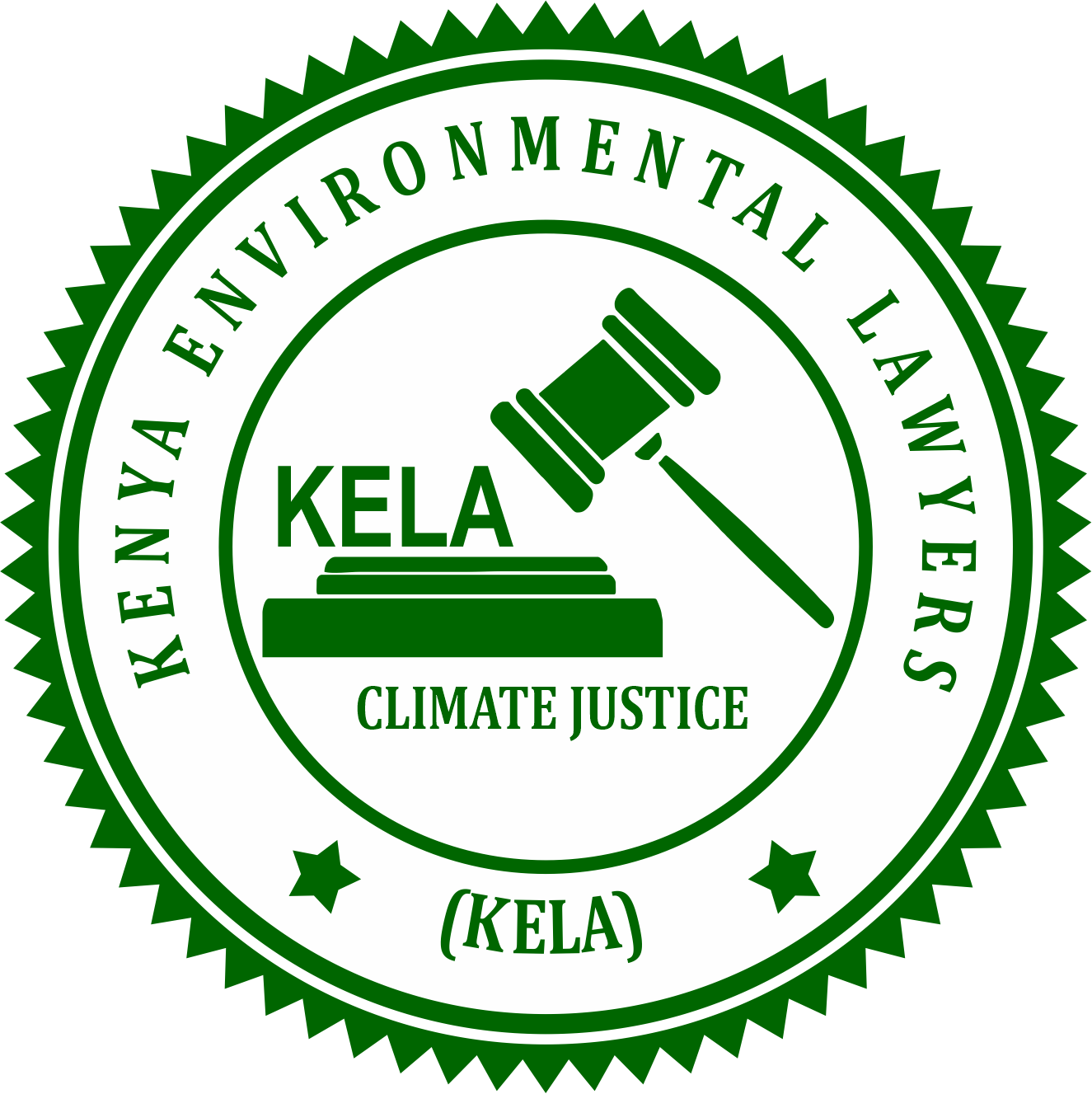WATER AND MARINE RESOURCE MANAGEMENT.

Water is vital to maintain health, grow food, generate energy, manage the environment, and create jobs. Yet a lack of clean water threatens to limit economic growth in many developing countries. By 2050, demand for water will increase by 55% and the number of people living with water scarcity will grow to 3.1 billion. By 2050, water in streams and channels critical for sustaining the environment and freshwater ecosystems is projected to be affected in 42% to
79% of the world’s watersheds.
As climate change intensifies the hydrological cycle, there is a potential doubling of flood risk and 1.2- to 1.8-fold increase in GDP loss due to flooding. This mostly affects disadvantaged communities and in particular: women and adolescent girls; urban residents of informal settlements; and the poor in countries characterized by fragility, conflict, and violence.
The impacts of climate change are most acutely expressed through water, which has historically defined and enabled human development. This puts adaptation in water at the heart of a robust global response to climate change.
KELA in its quest to ensure abundance of clean and safe water as guaranteed under Article 43(1)(d) of the constitution it shall propose radical measures to protect Kenya’s water sheds. This will take the form of mapping and protecting wetlands and critical water sources in the forest land.
